On this day in 1922, the world lost one of its most courageous figures when Ernest Shackleton passed away during his final Antarctic expedition. While his shipwrecks and rivalries defined much of his career, it was his unwavering commitment to his crew that cemented his status as an eternal Irish hero.
When you ask people to name an explorer of the Polar Regions, many will name Robert Falcon Scott, who led a doomed expedition to the South Pole. Few will mention Henry Ernest Shackleton, the Irish merchant sailor turned polar explorer. Shackleton went on to become a knight of the realm, led several Antarctic expeditions, and climbed an active volcano in Antarctica.
Born in 1874 in County Kildare, Shackleton resisted his father’s attempts to get him to study medicine and instead joined the Merchant Navy at the age of 16. In this role, he quickly became a Master Mariner and built a network of contacts that enabled him to undertake his many Arctic expeditions later in life, including meeting other polar explorers such as Robert Falcon Scott.
It was on one such expedition with Scott, the Discovery Expedition of 1901, that an event occurred that increased Shackleton’s drive to succeed even further. Having already been sent home from the expedition for ill health, Shackleton was shocked to discover in 1905 that Scott had blamed him for the failure of the expedition. Scott had claimed Shackleton had been carried on the sled, a claim Shackleton vigorously denied in the many public lectures he delivered until his death. The assertion led Shackleton to develop a drive to outdo Scott, whatever it took.
He got his chance in 1907 when he commissioned another expedition, the Nimrod Expedition, which he headed up and ran on his own terms. Although not without issues (the expedition almost ran out of food, failed to find the Pole, and nearly bankrupted Shackleton), it made him a national hero at the time, primarily when his memoirs were published in 1909.
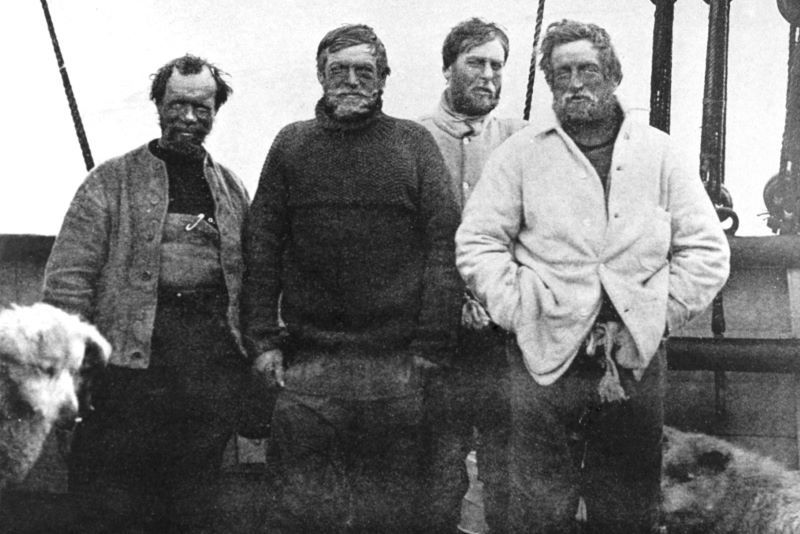
The Nimrod Expedition South Pole Party (L to R): South Pole party: Frank Wild, Shackleton, Eric Marshall and Jameson Adams. (Public Domain)
Now firmly established as one of the major polar explorers, Shackleton sought to fund yet more expeditions whilst delivering a number of public lectures. Although funds were occasionally hard to come by (a report in the Berwickshire News and General Advertiser recounts a rather humorous example), backers were found for all of his exploits.
His biggest test came in 1914, though, with the Imperial Trans-Antarctic Expedition. When his ship Endurance was trapped by pack ice and then slowly sank in 1915, Shackleton and four others made an 800-mile journey in an open boat using nothing but a compass to navigate.
Arriving at South Georgia as planned, his crew then scaled the mountains to reach a Norwegian whaling base to summon help. They managed this successfully, despite a massive storm that stranded them at sea for three days, and rescued the remainder of the crew without losing a single person. Upon returning to the UK, Shackleton even remembered to return the flag lent to him by the King for the Journey.
His Antarctic adventuring was to be his undoing, though. Having commissioned yet another expedition and sailing south to lead it, Shackleton suffered a heart attack in his cabin in 1922. He died on the ship and was buried in South Georgia.
After his death, he slipped into obscurity for a full 50 years before academics began discussing his remarkable courage. He is remembered today as an ideal leadership candidate by another leadership course and by a Polar Research Vessel that still bears his name.
* Originally published in 2015, last updated in February 2025.
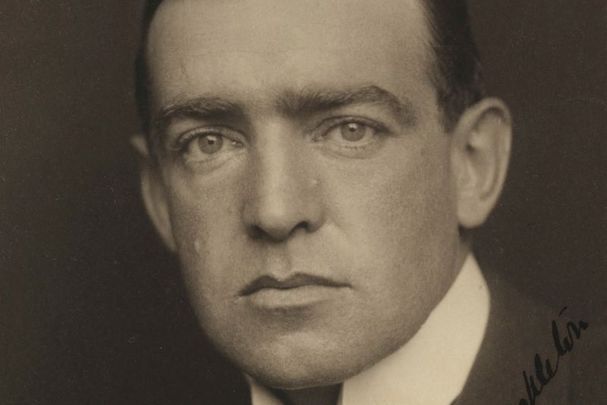
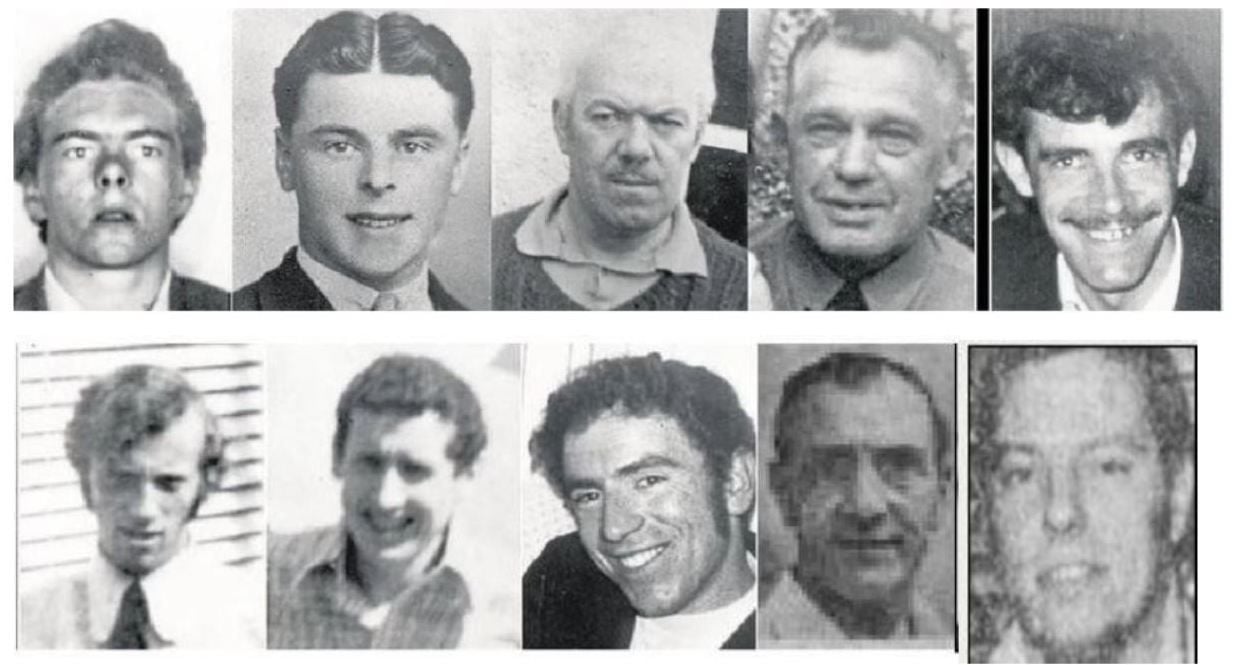
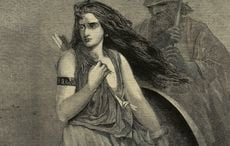
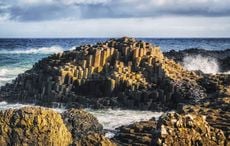
Comments